Hope’s Communication Majors excel at public speaking in the workplace–and twenty-first century jobs regularly involve public speaking. Hear from two of our recent graduates as they reflect on their learning from Comm 140 Public Presentations:
Jeff Serini (2011) is opening a new company, Paragon Fitness. He credits his Hope College education in public speaking with guiding him through his pitches as he explained his company’s influence marketing strategies to a group of entrepreneurs in downtown Grand Rapids. He reminds speakers to smile, look people in the eye to build trust, and be comfortable with pauses instead of filling the silence with “umms” and other vocal fillers.
Anysie Ishimwe (2016) works in Rwanda through a Global Health Corps fellowship. Specifically, Ms. Ishimwe works at Gardens for Health International, helping health centers throughout Rwanda treat chronic malnutrition and teaching children and families to better understand nutrition. Ms. Ishimwe describes how her work requires her to make many presentations and moderate events with high ranking government officials. Recognizing the importance and everyday utility of good public speaking, Ms. Ishimwe is passing it forward and training her new colleagues in public speaking.
Ultimately, speakers need to engage their audience members with their content and delivery. Comm 140 Public Presentations teaches students how to (1) draw on strong evidence to make a persuasive argument, (2) how to organize the content so it is easy to understand, (3) how to focus on the audience so the material makes sense to them, and (4) how to stylize and deliver a speech for the most effective communication.



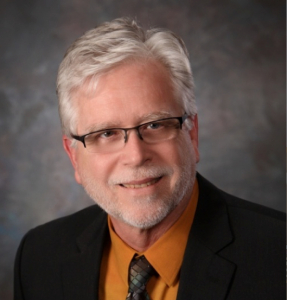 learning and community engagement. We teach, lead, and learn in local, national, and global communities. Dr. James Herrick has been hard at work helping us think about how the stories we tell ourselves results in technological advances–like space exploration.
learning and community engagement. We teach, lead, and learn in local, national, and global communities. Dr. James Herrick has been hard at work helping us think about how the stories we tell ourselves results in technological advances–like space exploration.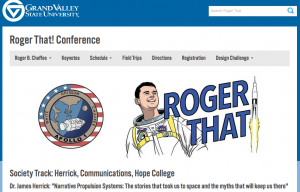
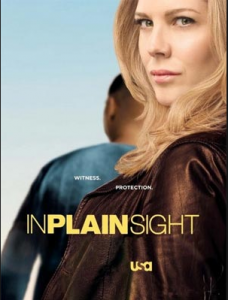 pregnant, viewers often consider how the pregnancy will affect the series’ narrative: Will the pregnancy be written into the series? If so, who is the father? How will having a baby change the character?
pregnant, viewers often consider how the pregnancy will affect the series’ narrative: Will the pregnancy be written into the series? If so, who is the father? How will having a baby change the character?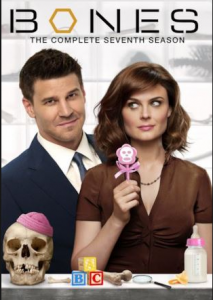 But what about the style–the way the character looks on the screen? Dr. Kornfield’s research focuses on how television–as an medium–stylizes onscreen pregnancies: how they costume the actors, position the actors in the stage, and how the camerawork and editing portrays the actors.
But what about the style–the way the character looks on the screen? Dr. Kornfield’s research focuses on how television–as an medium–stylizes onscreen pregnancies: how they costume the actors, position the actors in the stage, and how the camerawork and editing portrays the actors.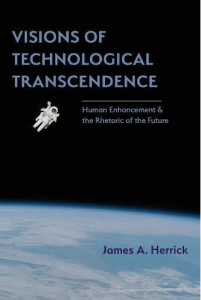 These myths don’t just describe current technology; instead society uses these myths to guide the types of technologies we produce. This means that by studying each myth, we can predict technology’s trajectory.
These myths don’t just describe current technology; instead society uses these myths to guide the types of technologies we produce. This means that by studying each myth, we can predict technology’s trajectory.